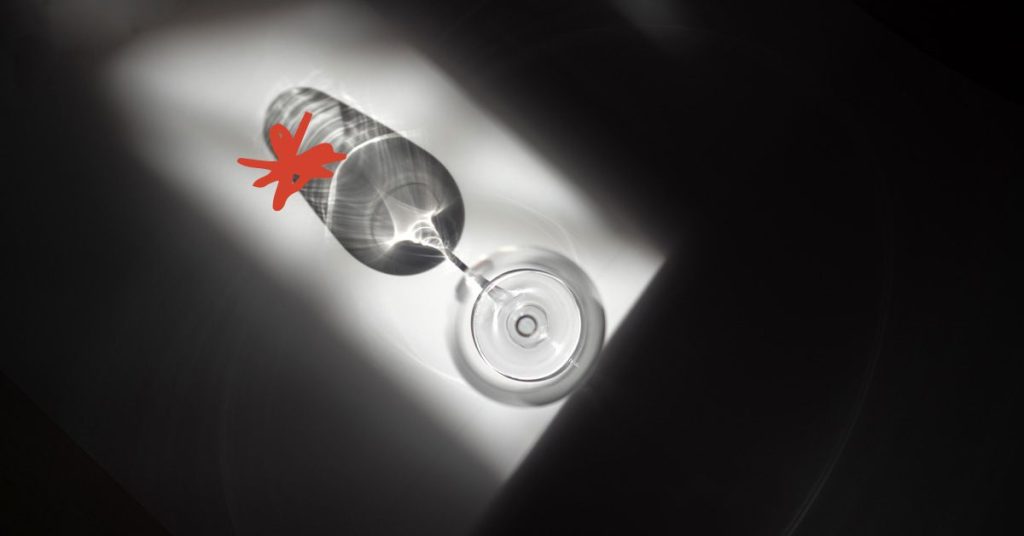A recent study found that there is no level of alcohol consumption that is not associated with an increased risk of dementia among drinkers. The study used statistical methods based on genetic analyses to determine that the risk of dementia increases proportionally to the amount of alcohol consumed. This contradicts earlier research that suggested light to moderate drinking may actually protect against dementia. The authors of the study suggest that previous findings of a protective effect for moderate drinking were likely the result of something called “abstainer bias.”
The study, published in eClinicalMedicine, analyzed data from the UK Biobank for over 300,000 white, British drinkers who were initially free of dementia. Participants self-reported their drinking habits and provided genetic information to the UK Biobank. The researchers followed the participants until 2021 and recorded any diagnoses of dementia during that time. They found that there is a linear relationship between alcohol consumption and the risk of developing dementia. This suggests that there is no safe level of alcohol consumption when it comes to dementia risk.
Experts not involved in the study explained that alcohol is a central nervous system depressant drug that can cause brain atrophy. Patients with dementia already have suppression of nervous system function and atrophy in the brain. Alcohol is also a known neurotoxin that can impact memory by causing cell atrophy and inhibiting the growth of new neurons. Chronic alcohol use can also deplete important B-vitamins, affecting memory and cognition. The consensus among these experts is that giving a substance that slows brain function to patients with already compromised brain function will worsen dementia.
The study authors suggest that “abstainer bias” may have influenced previous research findings and the j-shaped curve that implied a protective effect for moderate drinking. Abstainer bias refers to the inclusion of former drinkers who may have stopped due to health issues in the non-drinker category. These individuals may have worse health than light drinkers but are placed in the control group, making alcohol consumption appear healthier than it actually is. While reducing or eliminating alcohol consumption is crucial for brain health, other factors such as age, cardiometabolic disease, smoking, education, and socioeconomic status also contribute to dementia risk.
Experts emphasize that addressing alcohol consumption is an essential step in preventing dementia but is not the only factor to consider. While alcohol can lead to memory loss independent of other risk factors, addressing other lifestyle factors and comorbidities is also important. Some patients may experience a resolution of memory loss and apparent dementia simply by stopping alcohol consumption. Alcohol use is a common comorbidity in many neurological diseases and can affect individuals regardless of their socioeconomic status. Ultimately, research suggests that there is no safe level of alcohol consumption when it comes to dementia risk, and it is important to address alcohol use as part of a comprehensive approach to protecting brain health.


